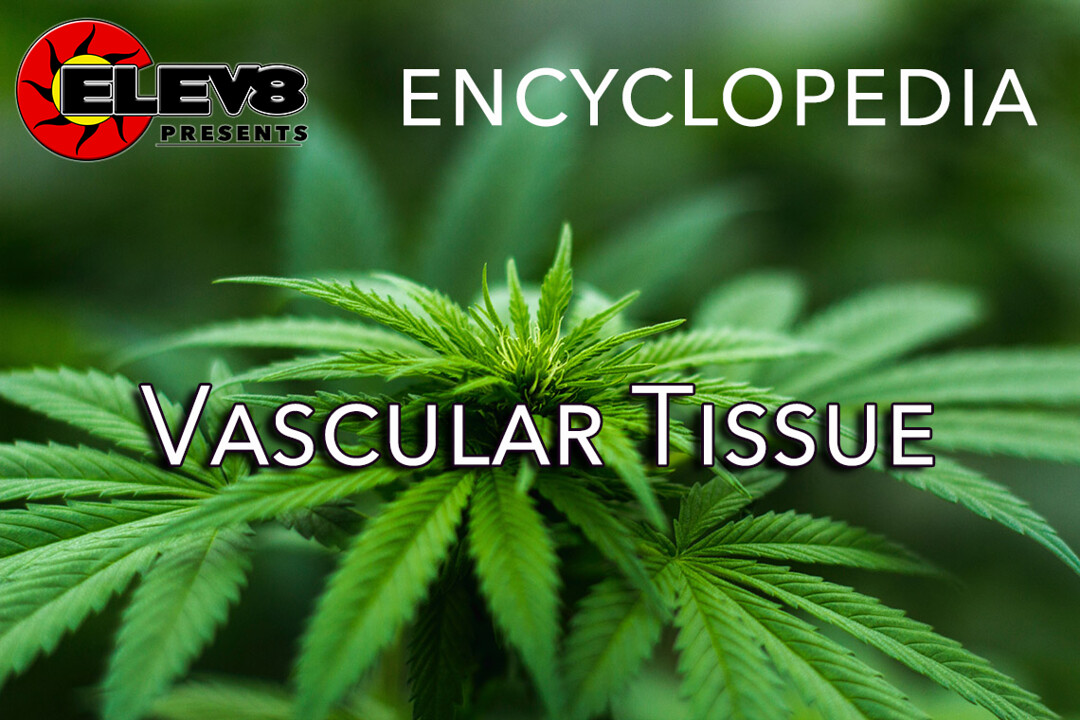What does Vascular Tissue mean?
Vascular tissue is a series of complex cell types that comprise the plant’s vascular system (the xylem and phloem), which moves nutrients and water throughout vascular plants.
The vascular tissue is absolutely essential for the life of a vascular plant, as nutrients wouldn’t move any further than the roots without it.
More Info On Vascular Tissue
Simple plants such as algae are single-celled organisms in which the entire cell may act as the vascular system, but in more complex plants such as perennials, shrubs, or trees the specialized vascular tissue performs this function.
Monocots, which are less complex vascular plants such as grasses consist of scattered vascular bundles that move the required nutrients. Dicots are the more complex form of vascular plants that utilize a continuous vascular system surrounding a central path.
The vascular tissue extends throughout the plant, including stems, branches, and bark, and ultimately to the leaves.
In woody vascular plants such as trees, the vascular tissue runs through the new bark growth, and in some perennials and all grasses it can include the entire stem.







